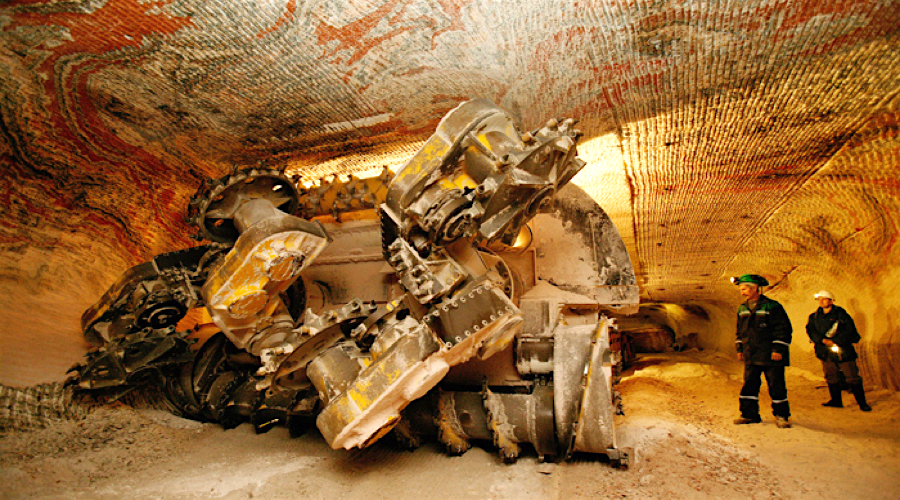Russia-Belarus potash pact may stage a comeback

The Republic of Belarus has revived hopes of reinstating a business alliance with Russian producer Uralkali, aimed to limit supply and so boost sales of potash, one of the few commodities that remains depressed on increased competition and a supply glut triggered by lower demand from top consumers China and India.
While signing a new potash supply contract with New Delhi Thursday, President Alexander Lukashenko said he was considering cooperation with Uralkali, which broke off an alliance with state-owned fertilizer group Belaruskali in 2013, causing global prices to collapse.
Weak prices for the crop nutrient have made recreating the Belaruskali-Uralkali (BPC) marketing operation more pressing.
“New Uralkali shareholders are coming to me every month saying: ‘Accept us,'” Lukashenko told Reuters. “We are not against it. Let’s unite, on our conditions (…) Let’s resume work and agree how much we will produce.”
Weak prices for the crop nutrient have made recreating the Belaruskali-Uralkali (BPC) marketing operation more pressing.
Without the cartel formed by the world’s two biggest potash producers, not only supply, but also competition has soared.
German K+S AG (FRA:SDF) is expected to begin producing potash at its Legacy project in Saskatchewan, Canada, later this year.
Another large project, the Garlyk mining and processing factory in Turkmenistan, is set to kick off operations in early 2017.
Sirius Minerals (LON:SXX) has already lined up contractors to start building its vast potash mine beneath a U.K. national park. York mine is set to start producing in 2018, initially generating 10 million tonnes per year of polyhalite – a form of potash that is used in plant fertilizers –, before it enters a second phase that will double that production to 20 million tonnes a year.

Potash prices are hovering around $260 a tonne, down from more than $800 a tonne in 2008.
Russia’s EuroChem is developing two potash mines — Usolskiy and VolgaKaliy, with an expected 2.3 million tons of annual production each in the first phase of development.
With potash prices hovering around $260 a tonne, down from more than $800 a tonne in 2008, there are major projects waiting for a market recovery before moving ahead.
Other smaller actors are moving ahead with new exploration projects. London-listed Harvest Minerals Limited (LON:HMI), for instance, announced Tuesday it had began tangible exploration work at its two projects in Brazil, country that currently imports 90% of its potash needs.
With potash prices hovering around $260 a tonne, down from more than $800 a tonne in 2008, there are other major projects waiting for a market recovery before moving ahead.
The most famous is BHP Billiton’s (ASX,NYSE:BHP) Jansen mine, once touted the miner’s “next big project,” which recently saw its development budget reduced once again due to low potash prices and uncertain outlook.
There is also Mosaic’s (NYSE:MOS) Esterhazy mine, which will produce about 6.3 million tonnes per year once its latest expansion is complete.
Despite a slower first half of the year, potash demand is forecast to improve for the last six months of 2016. Adverse weather conditions affecting planting in Asia, however, will make overall consumption fall again this year, compared to 2015.
As a result, analysts predict that potash prices will stay in the $200 to $300 range for the next several years.
{{ commodity.name }}
{{ post.title }}
{{ post.date }}




Comments